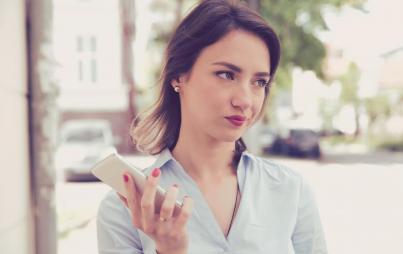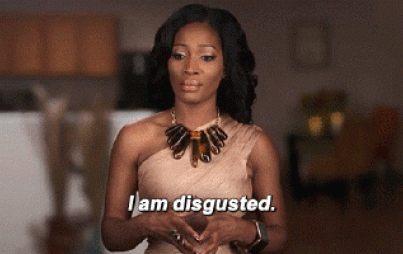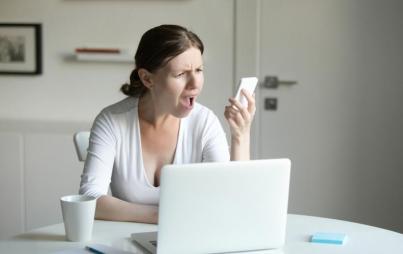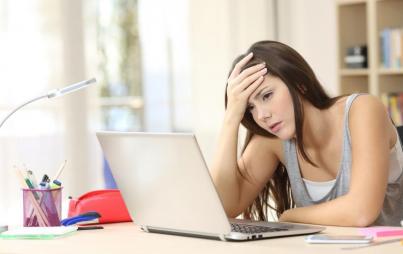
Just in time for Facebook’s 10-year anniversary today, Pew has come out with a study looking at how the site is used. Perhaps not surprisingly, the findings manage to do what Facebook itself often does: make me feel bad about myself.
For example, I only have 473 friends, which means I’m officially less awesome than the 15 percent of users with more than 500 friends. And if 44 percent of users “like” posts at least once a day, how come so few “like” mine?
This reaction says something about the nature of a site that asks us to share ourselves with others on a regular basis. Every shared link, photo and status update is posted with the hope that somewhere, someone will find our existence interesting. When that isn’t validated, it’s only natural that we start to feel unworthy.
There’s actually a fair amount of research on the relationship between Facebook and self-esteem. Last year, a Swedish study found that the more people use Facebook, the lower their self-worth is—interestingly, for women especially. Similarly, recent German studies revealed that one in three people felt more dissatisfied with their lives after spending time on the site. Yet another study, conducted by researchers at the University of Michigan, pointed out that many narcissists use the site as a tool to boost their egos.
There’s plenty of anecdotal evidence to support this, too. Who doesn’t have that one friend who posts incessantly about their amazing lives filled with beautiful home-cooked meals and Hawaiian vacations, marked with hashtags like #lovemylife and #perfecthusband? Who hasn’t feebly “liked” such posts, only to silently wonder about one’s own comparatively lame existence?
In other words, if I post this story to Facebook, will you please “like” it?
Photo by Wikimedia Commons






